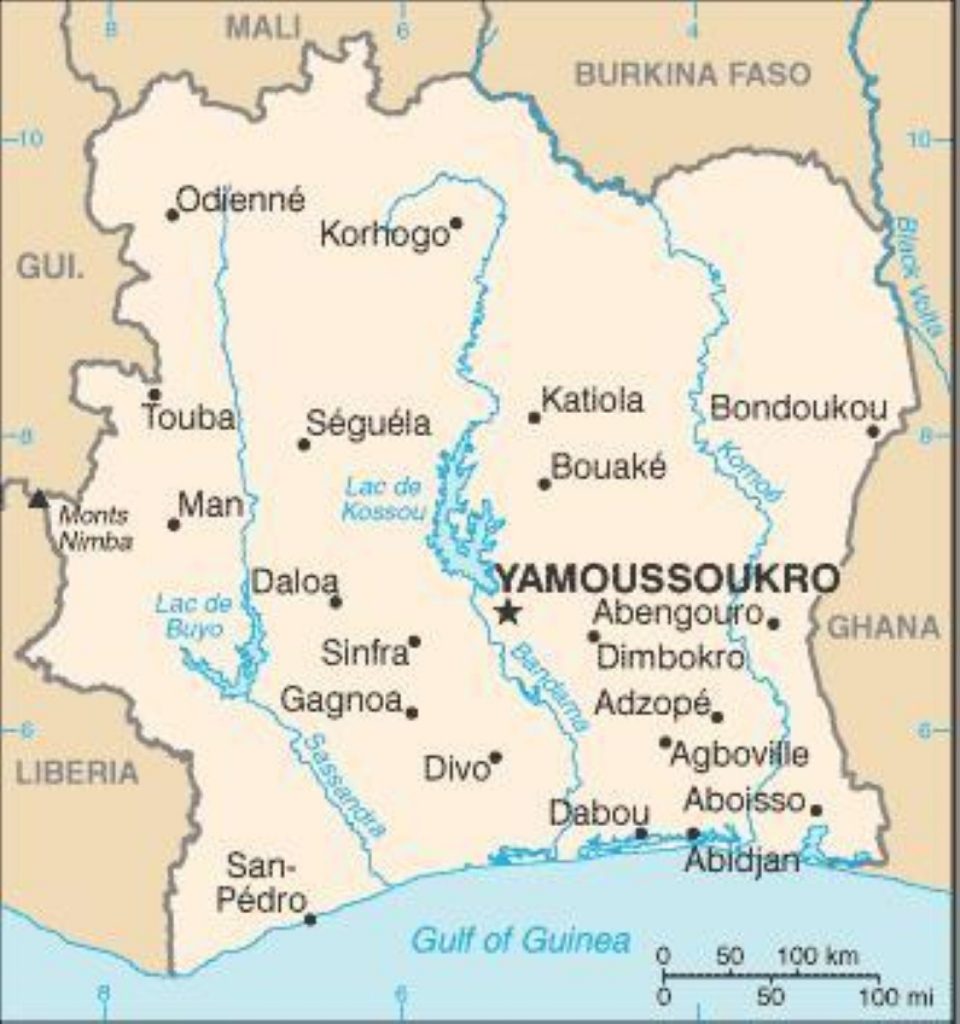Britain backs Ivory Coast intervention
By Peter Wozniak
William Hague has not ruled out the possibility of British forces assisting potential United Nations (UN) action in the Ivory Coast.
The country is currently in a state of high tension, with former president Laurent Gbagbo refusing to concede power after an election which international observers had judged he lost.
Mr Gbagbo’s rival Alassane Ouattara, supported by the international community, is currently holed up in a hotel in the capital Abidjan, protected by a contingent of UN peacekeepers, along with his new Cabinet.


Both men have been sworn in as president, while a coterie of west African states (Ecowas) attempts to negotiate a solution, insisting that Mr Gbagbo step down.
Mr Hague told the Today programme that Britain would be prepared to follow a UN-authorised military action by those states if it came to it.
He said the African states “would be well advised to seek the authority of the United Nations to do that [intervene militarily] and we would be supportive of that at the UN.”
The foreign secretary insisted any such action was not yet being seriously contemplated, adding: “We are a long way here from discussing British forces being deployed.”
But he did confirm that a military liaison officer had been sent to coordinate potential responses with the French.
Mr Hague stressed that Mr Gbagbo’s position would soon become untenable in any case due to being cut off by the World Bank.
He said the defeated president “will run out of money. His power relies on control of the army.
“He will run out of money within the next few weeks and that means that his power will come to an end.”
The foreign secretary warned Mr Gbagbo: “He should not underestimate the determination of the international community that the will of the people of that country should be recognised.”

